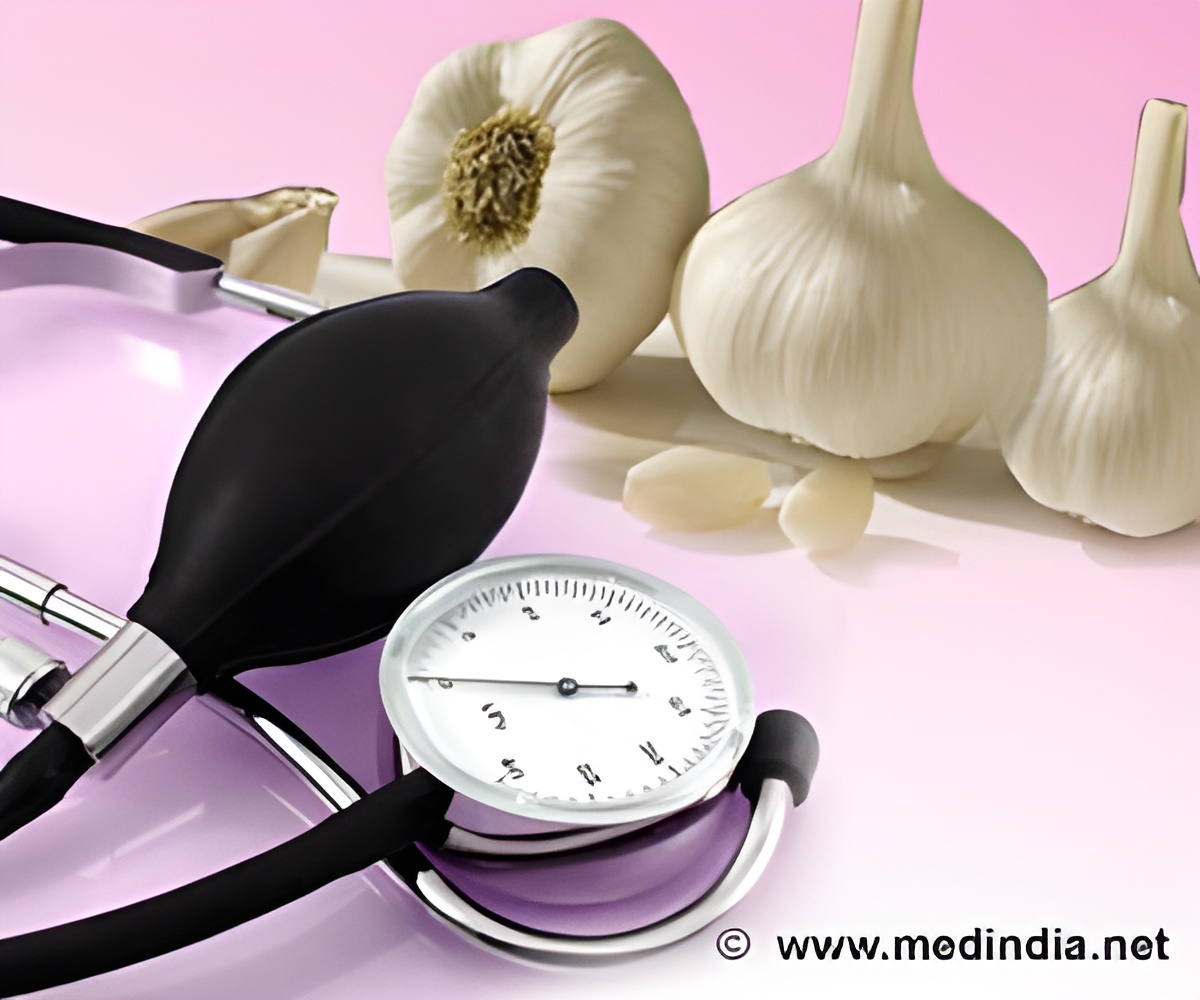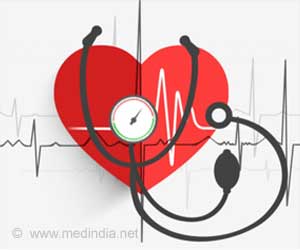
‘We should inform the public, doctors, and policy makers in government about the importance of blood pressure checking, treatment and control for people of all ages and genders.’
Read More..Tweet it Now
The widening disparity between how women and men are treated is concerning, particularly as high blood pressure continues to be the leading cause of preventable heart attacks, strokes, and premature death in our country," stated lead investigator Alexander A. Leung, MD, MPH, assistant professor in the departments of Medicine and Community Health Sciences, Cumming School of Medicine, University of Calgary, Calgary, AB, Canada.Read More..
Canada has been a world-leader in hypertension care, outperforming other Western countries over many years. Between 1990 and 2007, the management of hypertension improved due to a strong publicly funded primary healthcare system, the success of a coordinated national strategic plan, and a collaboration among national hypertension organizations on guideline implementation and evaluation.
In recent years, however, developments have emerged with the potential to adversely impact hypertension care, including declining federal government support for surveillance and implementation, a refocusing of non-governmental organizations away from implementation of hypertension recommendations, and declining industry support as patented drugs were replaced by generics.
This study was based on a national survey conducted by Statistics Canada from 2007 to 2017. In addition to conducting in-person interviews, the study also included carefully performed blood pressure checks. Using the results, the investigators were able to estimate how many people were affected by high blood pressure, along with the number who were aware of their condition, appropriately treated, and adequately controlled.
Nearly a quarter of Canadian adults (or 5.8 million people) suffer from hypertension. While prevalence remained stable over 10 years, the researchers found a noticeable plunge in the percentage of people who were aware that they had high blood pressure, in the percentage of people treated with medications, and in the percentage of people achieving good blood pressure control, which were especially marked in 2016 to 2017.
Advertisement
Dr. Leung noted, "This means that hundreds of thousands of people living with high blood pressure do not even know they have a problem, a large number are not receiving adequate treatment, and as a result, many people are suffering from preventable deaths and disability from heart attacks and strokes.
Advertisement
Importantly, women were impacted much more than men, driving the overall decline. While the prevalence of hypertension did not differ significantly between men and women, a smaller number of women were taking antihypertensive medications compared to men, and among those who were treated, blood pressure was less commonly controlled.
While treatment and control rates remained generally stable for men (at around 79 percent for treatment and 67 percent for control), treatment in women has declined to 65 percent and control to 49 percent.
"The results of this study should serve as a serious warning that high blood pressure remains a major public health threat in Canada," said Dr. Leung.
"We should not be complacent about national blood pressure control, but urgently re-engage the public, doctors, and policy makers in government about the importance of blood pressure treatment and control for people of all ages and genders."
Source-Eurekalert












